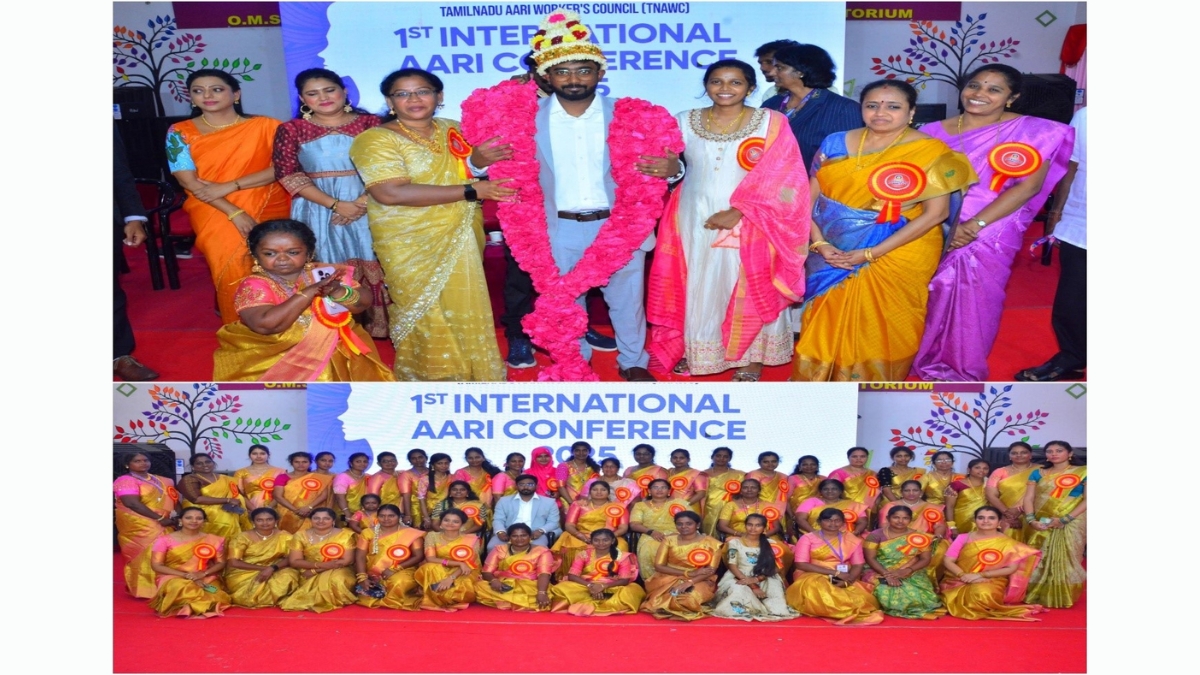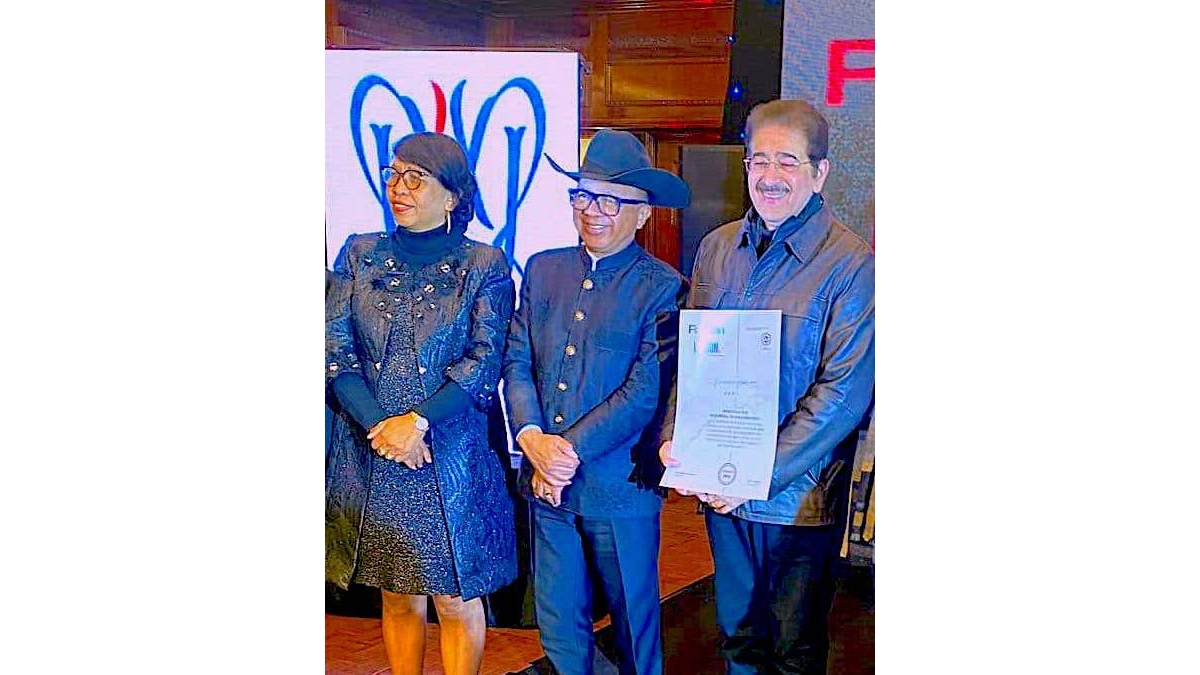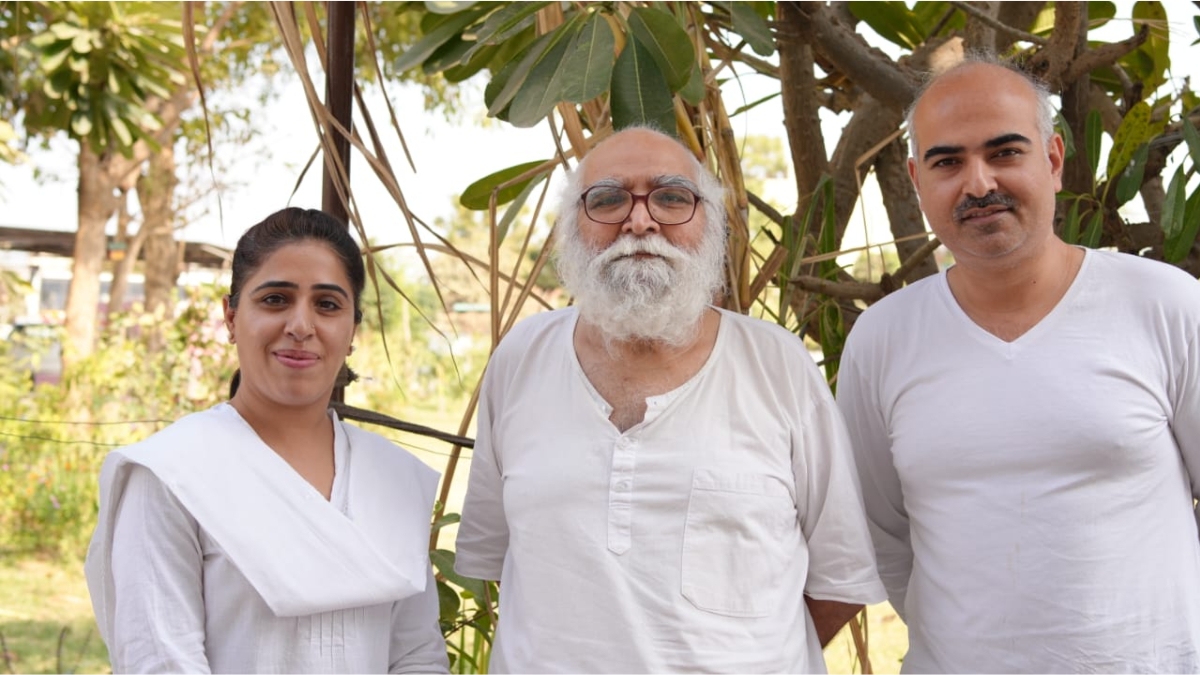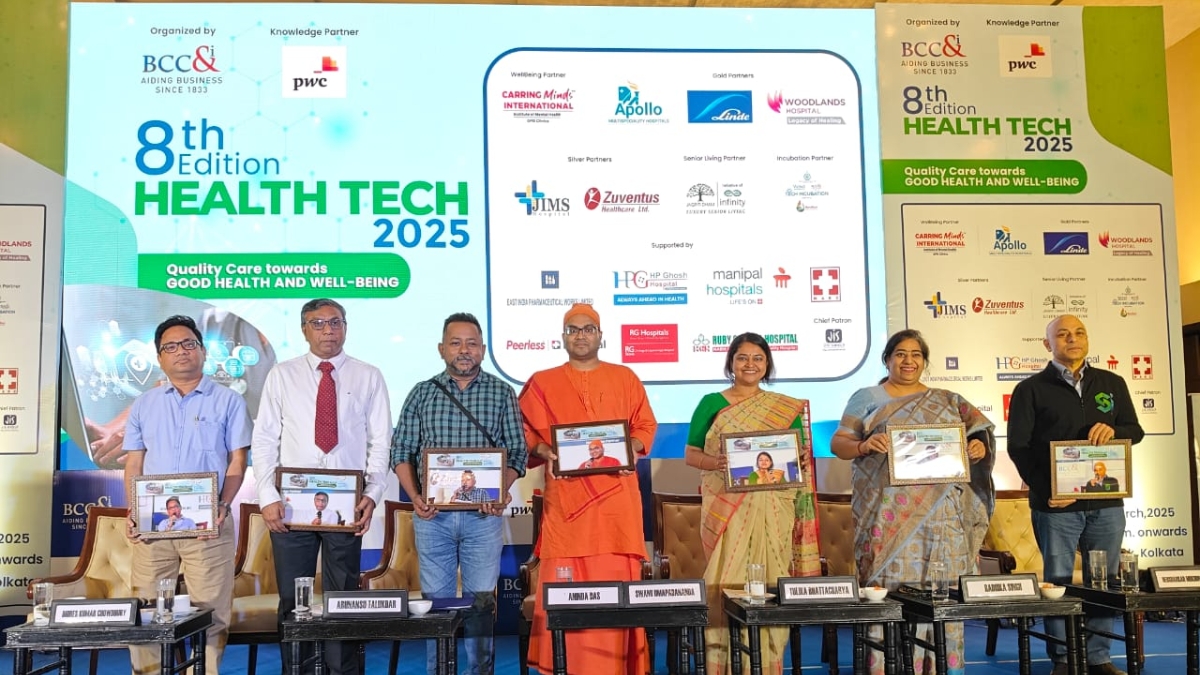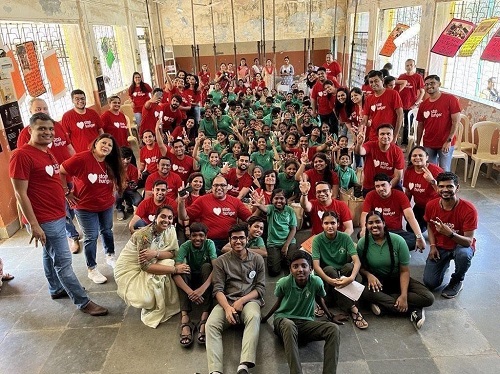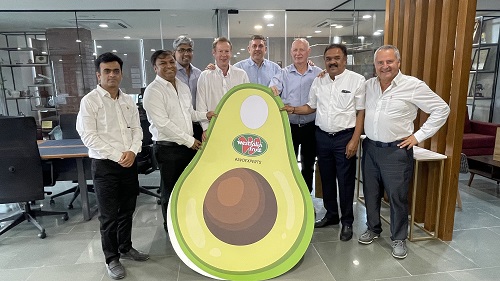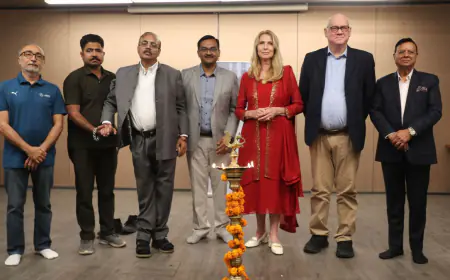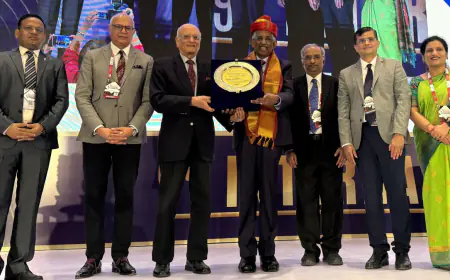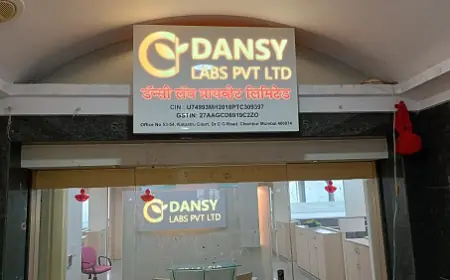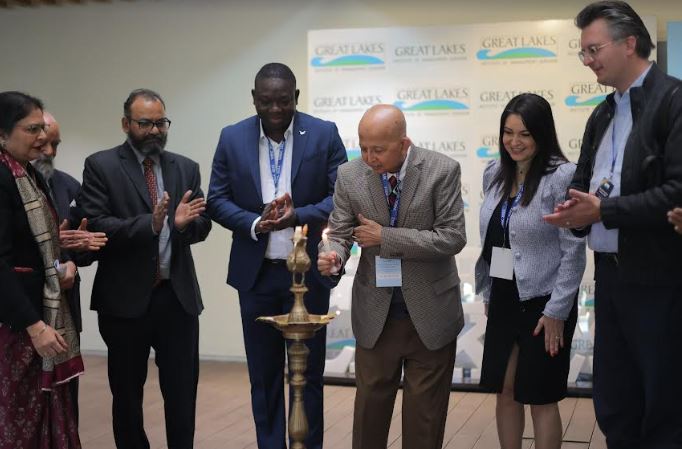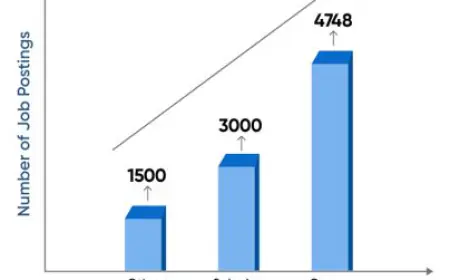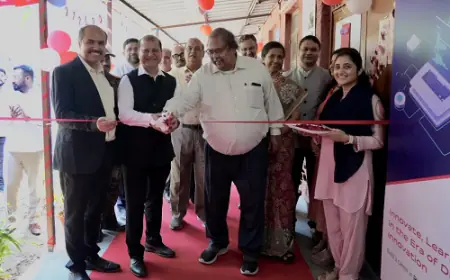Inspired By Japanese Global Green Tech, Banaskantha’s Bio-Cng Plant Expands Footprints
A Vision of Sustainable Innovation As sustainability and technological advancement drive development to new heights, India is harnessing innovation to lead the world in this regard, turning challenges into transformative opportunities. A stellar example of this vision is the Bio-CNG plant in Banaskantha, inspired by cutting-edge Japanese green technology. Now, Banas Dairy is all set [...]
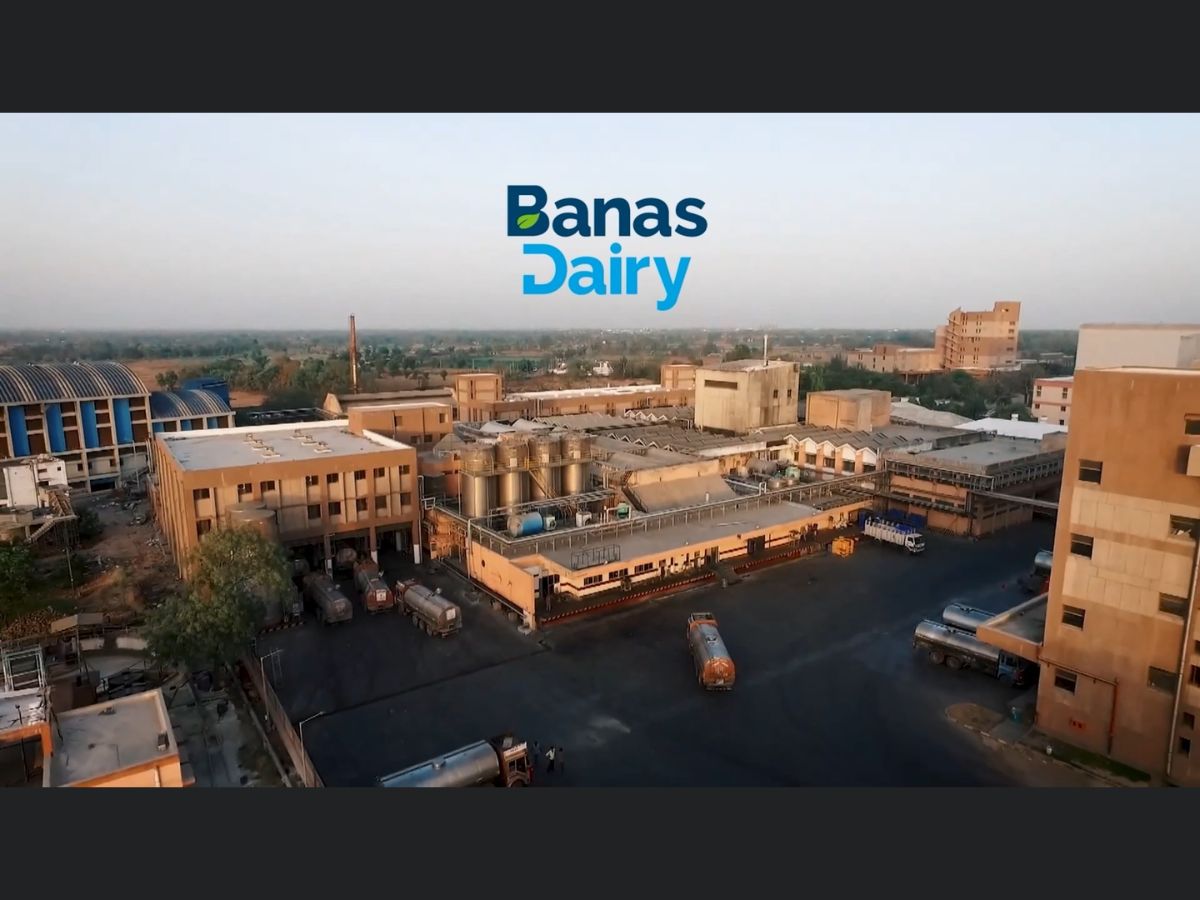

A Vision of Sustainable Innovation
As sustainability and technological advancement drive development to new heights, India is harnessing innovation to lead the world in this regard, turning challenges into transformative opportunities. A stellar example of this vision is the Bio-CNG plant in Banaskantha, inspired by cutting-edge Japanese green technology. Now, Banas Dairy is all set to expand its footprint with the addition of four new plants. This expansion marks a significant leap towards sustainable energy production and environmental conservation. By integrating advanced technology with local resources, Banaskantha is setting a new standard for turning waste into valuable energy, reinforcing its position at the forefront of the green revolution.
A Beacon of Sustainable Development
The Banas Dairy Bio-CNG plant stands as a testament to India’s unwavering commitment to sustainable development. Embracing advanced Japanese technology, this plant converts cow dung and potato waste into Bio-CNG, offering a dual benefit of providing a renewable energy source and addressing critical waste management challenges.
Under the expert leadership of Shri Shankar Chaudhary, the Banas Bio-CNG model operates with remarkable efficiency. The plant procures cow dung from local farmers, processes it in its state-of-the-art biogas facility, and transforms it into green energy and high-quality fertilizer. This innovative process not only generates clean energy but also enhances agricultural productivity by providing valuable fertilizers back to the farmers.
Transformative Environmental and Economic Impact
The Bio-CNG plant’s impact extends beyond environmental benefits. Processing 40 tonnes of cow dung and potato waste daily, the plant supports farmers across six villages. Over four years, it has processed over 4 crore kilograms of dung, demonstrating its significant role in supporting local farmers and boosting rural economies.
Strategically located 30 kilometers from Palanpur, the plant ensures efficient logistics and strengthens regional green energy initiatives. The plant’s comprehensive approach to sustainability includes contributing to the Swachh Bharat mission by producing clean energy and reducing dependence on fossil fuels.
Empowering Communities and Expanding Horizons
One of the plant’s most profound achievements is its role in empowering local communities. By purchasing dung at 1 rupee per kilogram, the plant provides farmers with a steady income stream, with women farmers earning up to 3 lakh rupees annually. This initiative significantly improves their quality of life and promotes sustainable agricultural practices.
In a groundbreaking move, Banas Dairy has opened its first Bio-CNG refueling outlet, offering Bio-CNG at Rs 72 per kg—significantly below market rates. This initiative not only makes clean energy more accessible but also fosters environmental conservation.
Expanding the Green Frontier: New Plants and Future Potential
The recent agreement, signed on September 6, 2023, represents a landmark development for Banaskantha’s green energy landscape. This significant collaboration between Banas Dairy, Suzuki Motor Corporation, and the National Dairy Development Board (NDDB) is set to propel Banaskantha into a new era of sustainable energy production. The initiative will see the establishment of four additional Bio-CNG plants, strategically positioned to enhance regional green energy infrastructure and achieve greater energy self-sufficiency.
Japan’s Suzuki Motor Corporation is investing ₹250 crore in partnership with Banas Dairy to establish five bioCNG plants in Banaskantha district. Leveraging Suzuki’s expertise and Japanese technology, these plants in Dhanera, Vadgam, Deodar, Disa, and Tharad will have a combined capacity of 500,000 cubic meters per day. Suzuki Chairman Toshiro Suzuki remarked that the collaboration with Suzuki R&D in India, NDDB, and Banas Dairy aims to set a new benchmark in sustainable energy.
Chairman Shri Shankar Chaudhary expressed gratitude to Suzuki for their support, aligning this initiative with PM Narendra Modi’s vision for sustainable practices in India. He emphasized the pivotal role of these biogas plants in transforming waste into wealth and contributing to environmental protection.
This expansion is not merely an extension of the existing model but a significant upgrade in scale and capacity. The new plants will replicate the successful approach of the original Bio-CNG facility, which has already proven its efficacy in converting cow dung and potato waste into valuable Bio-CNG. By scaling up this model, the new plants are expected to substantially increase the volume of waste-to-energy conversion. This will not only enhance the region’s ability to manage waste but also significantly amplify the production of renewable energy, further reducing reliance on fossil fuels and minimizing greenhouse gas emissions.
The introduction of these new plants will bring a range of benefits to the region. Environmentally, the increased capacity will contribute to a substantial reduction in greenhouse gas emissions, helping to mitigate climate change impacts and support national and global environmental goals. By processing more waste, these plants will also help in alleviating local waste management challenges, thereby contributing to cleaner and healthier communities.
Economically, the expansion is poised to create numerous job opportunities, both during the construction phase and for ongoing operations. Local communities will benefit from increased employment prospects and the economic activity generated by the new plants. Additionally, the plants will continue to provide a steady income stream for local farmers, who will supply the dung for processing. This income will be bolstered by the increased volume of dung required, ensuring that more farmers are engaged and benefit financially from the initiative.
The strategic placement of these new plants will also enhance logistical efficiency, making it easier to manage waste collection and distribution. By being located in proximity to major farming areas, the plants will optimize the supply chain for raw materials, ensuring a steady and reliable input for the Bio-CNG production process.
In terms of future potential, the expansion sets the stage for even greater scalability. With Banaskantha’s vast cattle population and the region’s commitment to sustainable development, there is ample opportunity to replicate this model across other regions of Gujarat and beyond. The success of these additional plants will serve as a powerful demonstration of the feasibility and benefits of large-scale waste-to-energy projects, potentially influencing similar initiatives nationwide.
Overall, this strategic expansion not only strengthens Banaskantha’s green energy infrastructure but also underscores India’s commitment to innovative and sustainable solutions. By scaling up the Bio-CNG model, Banas Dairy, Suzuki Motor Corporation, and NDDB are collectively advancing toward a greener, more sustainable future, setting a precedent for how technology and collaboration can drive environmental and economic progress.
Future Scalability and Vision
The scalability of this technology is immense. Banaskantha’s adult cattle population of over 16 lakh could support the establishment of more than 100 Bio-CNG plants, while Gujarat’s availability of over 40 crore kilograms of dung daily highlights the vast potential for widespread implementation.
Banas Dairy’s ambitious vision of transforming waste into valuable resources and driving sustainable development sets a benchmark for future green initiatives. As India advances toward global leadership in sustainability, this endeavor embodies the spirit of innovation and progress, positioning India as a beacon of sustainable development and environmental stewardship.
Check out the video at https://www.facebook.com/watch/?mibextid=oFDknk&v=1031451128585421&rdid=CT15gktyFR03gORi
If you have any objection to this press release content, kindly contact pr.error.rectification@gmail.com to notify us. We will respond and rectify the situation in the next 24 hours.
